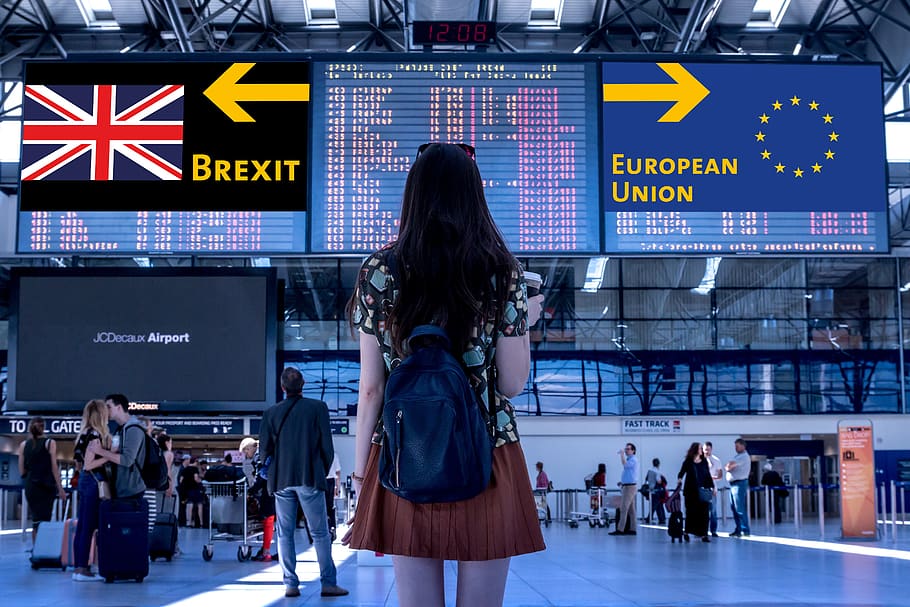
By Shawn Farshchi, CEO, Topia
In 2016, when the United Kingdom voted to leave the European Union, many thought this was a once-in-a-generation happening. But the next decade will bring a laundry list of unpredictable events that each pose Brexit-level challenges for HR in talent management. If Brexit is the new normal, rigid planning and complacency are equally deadly to a global talent strategy. It is time for businesses to re-evaluate how they prepare for the worst-case scenario.
HR inertia threatens sustainability
One would think that multibillion-dollar corporations have the appropriate technology to respond to something like Brexit—but most do not. A so-called ‘end of history’, which began with the conclusion of the Cold War and the short-lived victory of liberal democracy, created blind spots and a false sense of security. Companies operated as if the internal borders of the EU no longer mattered. For 24 years, talent strategies did not need to differentiate between, say, a UK or French national with commensurate skills. Until the Brexit vote, which everyone thought would be a big ‘nothing burger’, few businesses were prepared for a scenario where freedom of movement would end. Being caught off guard, however, is an existential threat and global talent mobility becomes paramount to weathering change and staying in business.
Reluctance to move talent
When the Brexit vote was announced, the financial services industry was hit with the most uncertainty. It was feared that London, the world’s largest exporter of financial services, would lose access to continental Europe. Yet firms were slow to move their talent. The attitude was, ‘Let’s wait and see’.
What if the UK held another referendum? What if it negotiated a Brexit deal that preserved financial and commercial ties with the EU? By waiting, might we avoid a costly overreaction? In late 2019, people started saying they were done with Brexit. They simply planned for the worst-case scenario, a no-deal Brexit. They moved everyone that would have to relocate to Germany and France, sparing businesses from further uncertainty. Yet, not all companies were concerned about moving talent out of the UK. Others saw Brexit as an opportunity.
Facebook makes a play
Earlier this year, Sheryl Sandberg, COO, Facebook promised to create 1,000 new jobs in London in 2020, just as many companies were sending employees across the English Channel. The strategy is smart. Thousands of highly-skilled workers were in a difficult position. Would their applications to stay in the UK post-Brexit be approved? Would they face relocation away from friends and family? Would they still have a job if their company moved their function or department abroad? For the remainder of the year, Facebook may enjoy a hiring goldmine. They saw Brexit as an opportunity to capture a talent pool from heavily impacted industries.
Data part of solution
For the past 20 years, technology has been the main source of disruption in the global talent market. Brexit has taught us that megatrends in geopolitics, demography and culture are just as disruptive. We should expect previously rare events to happen more frequently. In this new reality, a measured amount of the right kind of data can help businesses make smarter decisions about their employees and broader talent markets. What are the hidden pockets of expertise we did not know we had? Between which offices and cultures does collaboration work best? Where can we move or mobilise talent rapidly?
HR leaders who take this data seriously will guard themselves and their organisations against rigidity and complacency. They will act with agility while their competitors wait and see. They will thrive in a world where Brexit is the new normal.






